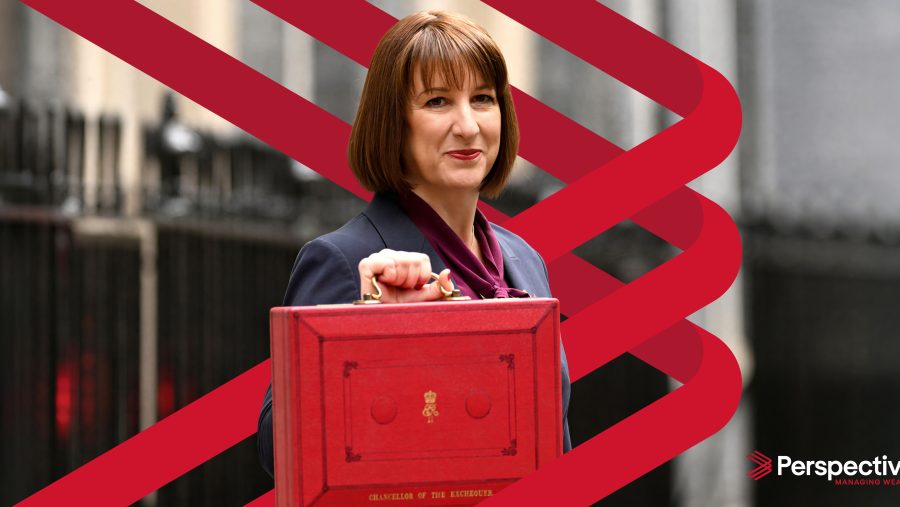Published
23rd June 2025
Categories
The Cambridge Weekly
Share
On Friday 13th June, Israel launched strikes at six cities and a nuclear facility in Iran in response to their intelligence that indicated Iran was nearing the development of a nuclear weapon. Iran labelled the attacks a declaration of war and responded with its own missiles; both parties have been launching retaliatory attacks in recent days.
Brent crude, the international oil benchmark, is trading around $77.80 per barrel, 12.5% higher than before the conflict began on the 13th June. The increase in price is driven by concerns that the conflict could disrupt the global supply chain from the oil-rich Middle East. Iran is one of the top producers of oil and gas and holds the world’s second largest known natural gas reserves.
Rising oil prices have knock-on effects in global markets, as higher energy prices increase production costs for many companies. Since the conflict began, the European, US and UK equity indices are marginally down.
 Source: Shutterstock
Source: Shutterstock
UK Equity Market:
Last week the agreed trade deal between the UK and the US was signed by President Trump. As a reminder, this protects British car and aerospace companies from the high tariffs initially enforced by the President. UK Prime Minister Sir Keir Starmer is optimistic that a further deal covering both the steel and pharmaceutical industries will be agreed in July.
In the UK housing market, data released last Wednesday showed that UK house prices fell by 2.8% between March and April. This is the fastest monthly fall in nearly four years. This decline follows the changes to the Stamp Duty regulations in April, and brings the average UK house price down to £265,000.
The FTSE 100 closed the week marginally down (-0.8%).
Inflation, Interest Rates and Bond Markets:
The Bank of England (BoE) held rates steady at 4.25% at its meeting last Thursday. This decision was in line with analyst expectations amidst the geopolitical uncertainty in the Middle East, and the concerning inflation data which came in during the week. UK inflation for May fell marginally from April but still came in at 3.4%. Inflation continues to be above the BoE’s 2% target, highlighting that price pressures continue to persist.
The Swiss National Bank (SNB) cut its interest rate to 0% last Thursday, following a period of deflation in May. Expectations of rates going into negative territory were reined in slightly after SNB chair Martin Schlegel said that the bank would “not take a decision to go negative lightly”. Yields on Switzerland’s interest rate sensitive two-year government bonds remained in negative territory however, showing that markets still anticipate a move to below 0% in the coming months.
What’s on the horizon:
US and UK first quarter GDP figures are due to be released on Thursday and Friday respectively. These figures, which provide a measure of the total value of goods and services produced during a given period, will help investors gauge the overall health of these economies. An unexpected rise in GDP is seen as a positive indicator and generally causes appreciation of the local currency.
This material has been written on behalf of Cambridge Investments Ltd and is for information purposes only and must not be considered as financial advice. We always recommend you seek financial advice before making any financial decision.
Past performance is not a guide to future performance.
The value of your investments can go down as well as up and you may get back less than you originally invested.Source of financial market data: MorningstarDirect.


